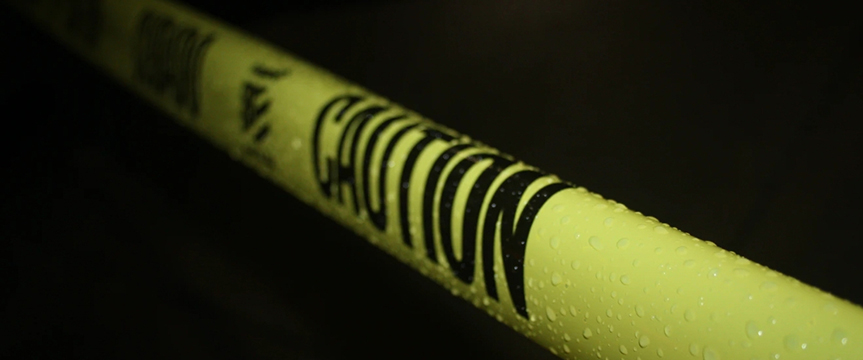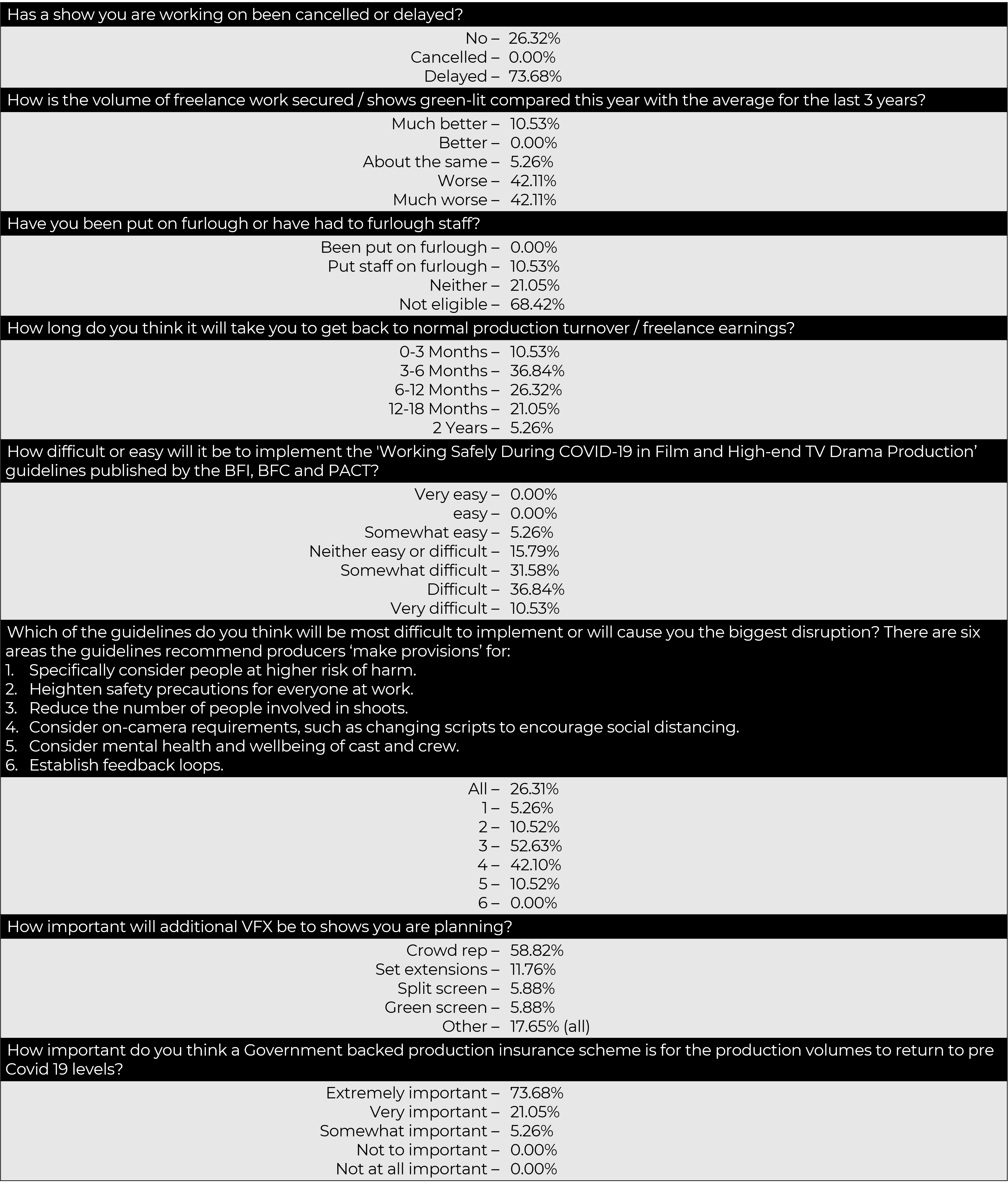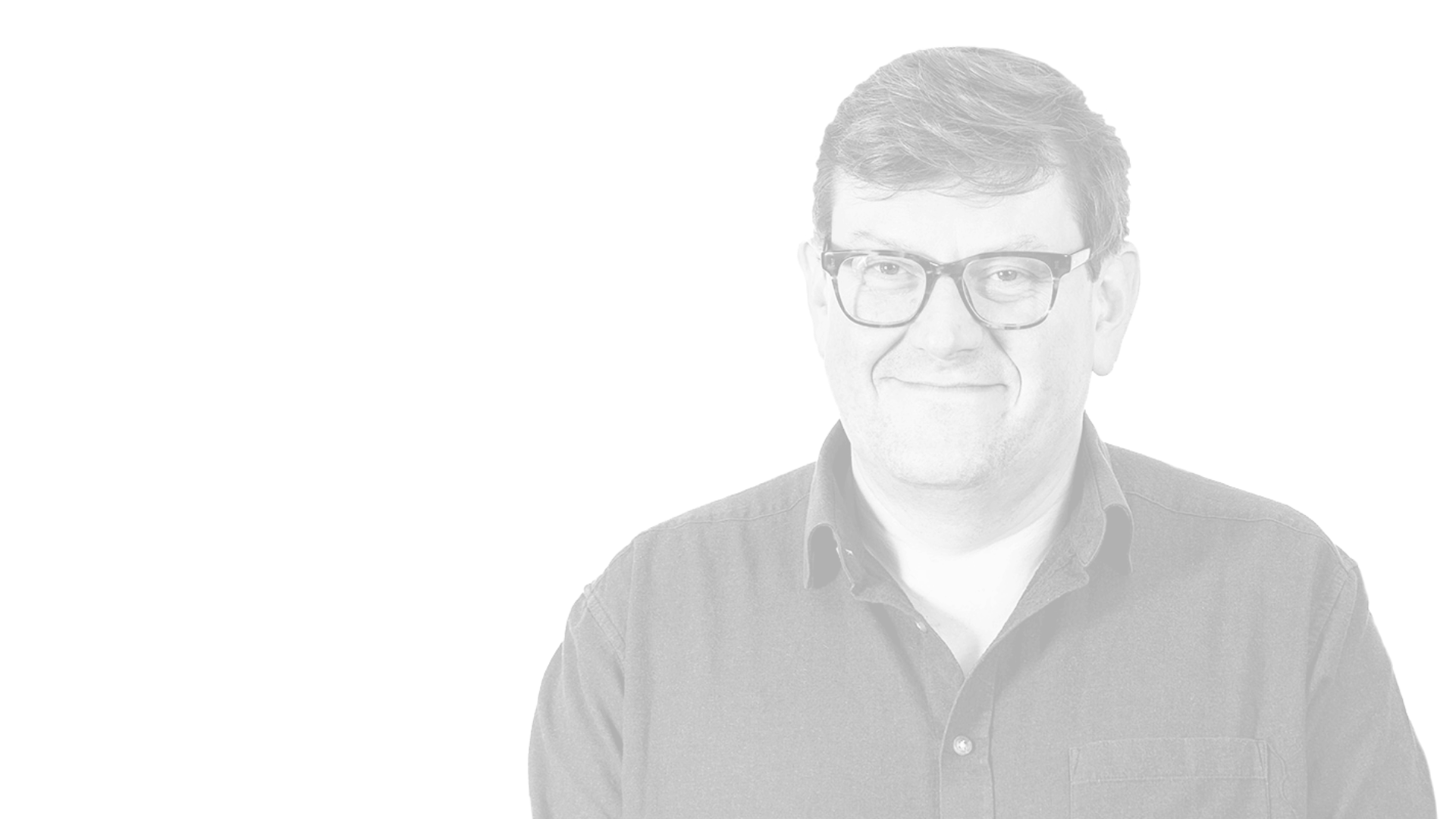TV production in a COVID-19 world

Some months after the UK lockdown began, businesses can finally reopen. But running a business can’t be done like it was before Covid 19. Every industry has had to adopt new ways of working in an effort to keep staff and customers safe. Strict cleaning regimes, two-metre distancing, perspex screens to separate people – every different safety angle has to be covered and adapted to each industries’ differing requirements.
Production has been on hold for every movie and TV show, and it’s only now that some are starting to get back up and running. Productions have been given guidance on the ‘how to work safely with Covid 19’ by the BFI and the BFC released a detailed document. The guidelines include advice on maintaining distance and how to navigate daily tasks such as hair and makeup.
Working under the Covid 19 – Survey Results
These BFI and BFC guidelines are helpful, but in practice, productions will find it difficult to implement and adhere to many of the guidelines – indeed some shows will be unable to enter production again at all.
Working within these guidelines will be difficult, particularly for those productions that are starting up again now. We conducted our own research survey into the topic and came to some very interesting conclusions, which we are sharing as promised.

The guidelines in practice
Put simply, over 80% of professionals in the industry expect that implementing these changes present some degree of difficulty. Over 77% of people said they had seen delays on their projects, with many expecting it to take 3 months, at the very least, to get back to normal production. In fact, a significant number are thinking more along the lines of 12-18 months.
Some shows have already picked up production again, but as predicted, it’s filled with new challenges. This particularly interesting Financial Times piece details some of the extreme ways some productions are working around restrictions. Over in Spain, casts carried out rehearsals wearing face shields and another show quarantined their cast with Netflix arranging for their food delivery.
But this is revealing another issue; not everyone has the financial backing of Netflix. These guidelines, whether productions choose to follow them or not, will increase costs and timeframes. One respondent in our survey predicts production could be up to 50% slower than it was before.
While Netflix shows can benefit from their significant resources, many productions are wondering how they will manage. It’s an industry that relies on freelancers too, people who won’t have been able to make use of any government furlough schemes. They will need the most help; our survey found almost 90% have seen a significant drop in new work.
Insurance Issues
Another key finding from the survey was the issue of production insurance – or the lack thereof.
In our survey, every respondent said a government-backed production insurance scheme was essential to return to pre-COVID-19 levels of work, with over 77% labelling it as “extremely important”.
Insurers won’t cover the shutting down of a production if a crew or cast member is affected by the coronavirus. Some insurers may cover the costs of replacing key cast and crew who get infected by Covid 19 (though the rates are high). However they won’t cover any other related costs from the delay caused by having an outbreak on set or the wider impact of having a sick crew or cast member on the production.
These insurance costs are being covered by some of the larger studios, but it’s much harder if you’re an independent film or TV show that doesn’t have the backing of a studio that will underwrite your insurance.
As it is, there are too many variables to go back to how things were. As one of our respondents put it:
“Stunts need physicality, crowd scenes need people to be close together, crew and cast all need to be transported to and from home to set, foreign locations will need flights. Equipment will need deep cleaning every day. Shooting will slow down exponentially and budgets will rise.”
It’s also why one of the most important VFX additions is predicted to be crowd replication as it’s the simplest way to circumvent the issue and respect the guidelines. People are looking for any way to speed the process back up again without negatively affecting their shows too much.
Some problems are out of our control, so it’s up to us to take control of the things we can. There are still things to be optimistic about, but exactly how the industry will change in the long-term remains to be seen. I think many production companies and producers will be looking to the first shows that start up again to see how they manage to adapt to producing under the Covid 19 industry guidelines
At a time like this, we need a strong support network. Now is the time to reach out to others and work together to deliver high-quality productions we can be proud of. If you have an upcoming project you need assistance with, get in touch at [email protected].


